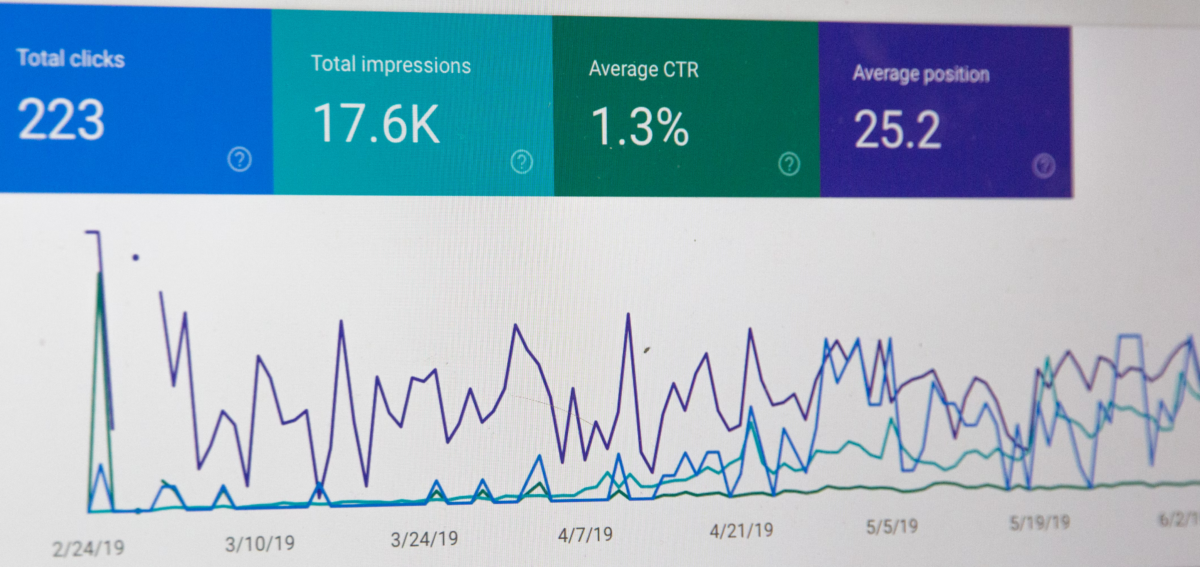Introduction
Search engine optimization (SEO) is crucial for any website hoping to capture traffic from search engines like Google and Bing. For WordPress sites, there are specific strategies that can optimize SEO performance significantly. In this article, we’ll explore seven of the best SEO strategies tailored for WordPress users. By implementing these techniques, you can improve your site’s visibility and attract more visitors.
Strategy 1: Optimize Your Site’s Speed
One of the most critical factors for SEO today is site speed. Search engines prioritize websites that load quickly, as fast load times improve user experience. Start by analyzing your site’s speed using tools like Google PageSpeed Insights. This tool provides valuable insights into what you can do to improve your website’s performance. Compressing images, caching your site, and minimizing JavaScript and CSS files are effective methods to speed up your WordPress site. Remember, a faster website not only ranks better but also provides a better experience for your visitors.
Upgrading your hosting solution can also dramatically improve site speed. Shared hosting might be economical, but it often lacks the resources needed for high traffic sites. Consider a virtual private server (VPS) or dedicated hosting to boost your site speed. Additionally, make sure that your WordPress theme is optimized for speed. Choose a lightweight theme that is updated regularly to maintain a swift site.
Strategy 2: Implement Responsive Design
Google uses mobile-first indexing, which means it predominantly uses the mobile version of the content for indexing and ranking. To adapt to this, ensure your WordPress site is responsive. A responsive website automatically adjusts to fit the device it’s being viewed on, providing a better user experience. You can select a responsive WordPress theme or use plugins to help make your site mobile-friendly.
Test your website’s mobile responsiveness using Google’s Mobile-Friendly Test tool. It not only confirms whether your site is optimized for mobile but also suggests improvements. Keep your interface simple, use large fonts, and accessible menus to enhance usability on mobile devices. Remember, the better the mobile experience, the higher the likelihood of a favorable ranking in search engines.
Strategy 3: Enhance Your Site’s Structure with Permalinks
Permalinks are the permanent URLs to your individual weblog posts, categories, and other lists of weblog postings. A well-structured permalink can significantly improve your website’s SEO by making it easier for search engines to understand and index your content. In WordPress, you can change your permalink settings to ‘Post name’ (e.g., yoursite.com/post-name) in the Settings > Permalinks section.
Using straightforward, keyword-rich permalinks can enhance your visibility. Avoid complex URLs with many conjunctions as they may confuse search engines. Instead, ensure that your URLs are concise and include your post or page’s primary keywords. This change alone can significantly enhance your SEO and is very easy to implement within WordPress.
Strategy 4: Utilize SEO-Friendly Themes and Plugins
When selecting themes and plugins for your WordPress site, opt for those designed with SEO in mind. An SEO-friendly theme has a clean and efficient code that aids search engines in indexing your website. Similarly, SEO plugins like Yoast SEO or All in One SEO Pack can guide you in optimizing your content with keyword-targeted titles and meta descriptions.
Ensure that the plugins you choose are updated regularly and compatible with the latest version of WordPress. This not only helps with SEO but also secures your site. Themes and plugins that are not updated can make your site slow and vulnerable to security risks.
Strategy 5: Optimize Content with Keywords
Keyword optimization is essential for SEO. Start by performing thorough keyword research to find the best keywords relevant to your content. Tools like Google Keyword Planner or SEMrush can provide insights into the keywords’ search volume and competition. Use these keywords naturally in your titles, headers, and body text to signal to search engines the relevance of your content.
However, avoid keyword stuffing as it can penalize your site. Instead, use synonyms and related phrases to enrich your content and help improve its ranking without being penalized for over-optimization. Remember, your priority is to write for humans, not just search engines, so keep your content engaging and easy to read.
Strategy 6: Create Quality Content Regularly
Consistency is key in SEO. By regularly updating your website with new, high-quality content, you signal to search engines that your site is relevant and up-to-date. Plan a content calendar and stick to a regular posting schedule. This can help attract and retain a loyal audience, as well as boost your rankings in search results.
Focus on creating content that adds value and is engaging for your audience. This includes well-researched information, practical tips, and interactive media like videos and infographics. More engaging content increases the likelihood of visitors sharing it, which can further improve your SEO.
Conclusion
Implementing these seven SEO strategies will help you optimize your WordPress site and increase your visibility in search engine results. Start with one or two strategies, measure your success, and gradually implement more strategies to enhance your SEO further. And if you want to learn more you can get information from moz blogs and other blogs that include seo information.
Also hiring wordpress seo agencies could be beneficial if you want to have a job done right, and at scale. Their experts are versatile and they can do a job much faster than a beginner. So advice is, if you have a site that has profit already and need that extra nudge for gaining more seo traffic, you can get the help of a seo wordpress agency.
